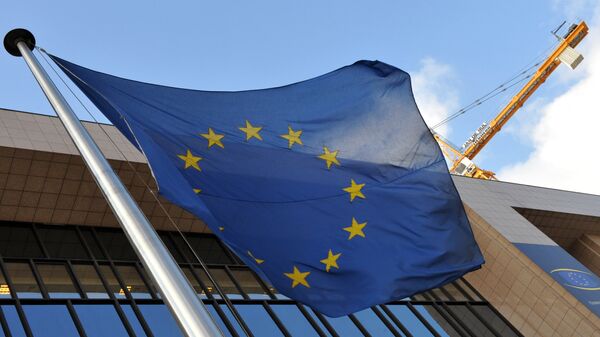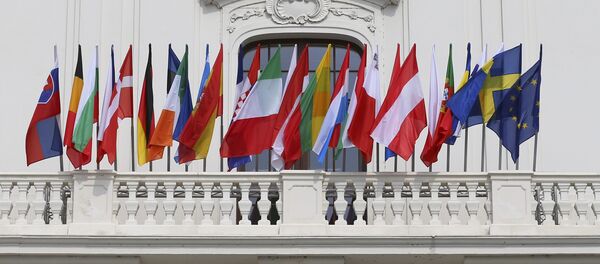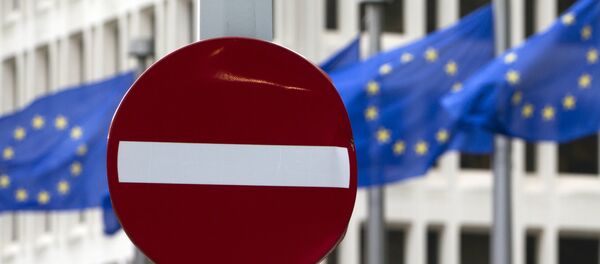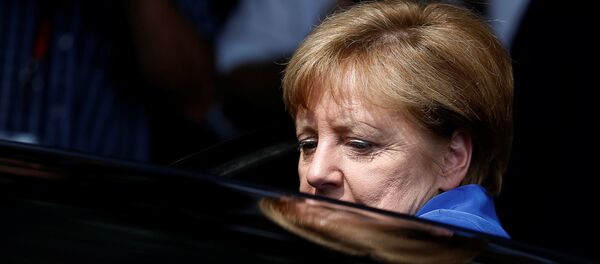Next spring will mark not only the 60th anniversary of the Treaty of Rome but also the beginning of the formal negotiations on Brexit terms.
"The withdrawal of Britain from the EU is inevitable. Discussions are now crucial over the future of European integration and the future of Europe," Timofei Bordachev, senior analyst at the Russian Highest School of Economics, wrote in an article for Lenta.ru.
According to the author, the European integration is the most notable historic example of a political compromise and troubleshooting without the use of military force. Initially, this "unique historic experiment" was aimed at creating conditions to prevent a war between Germany and France. The decision was made to integrate two militarily crucial industries of that time – the coal and steel markets.
"The European Union deals with political and geopolitical goals. The member states invest in their security and regional peace. But this is achieved not with military but economic tools, including liberalization of markets, removal of non-tariff barriers and common terms for business," Bordachev wrote.
By the beginning of the 21st century, European integration achieved its main goals. By 2007, a common European market was launched, the euro was put into circulation and borders within the bloc were made transparent. In addition, 12 new Eastern European and Mediterranean countries joined the EU.
However, European integration is nearing its 60th anniversary in bad shape, according to the article. The current political processes inside the bloc cast a shadow on the future of the European project.
Contemporary Europe is experiencing a political, economic ideological crisis. The first sign of this crisis emerged in 2005 when the European Constitution was rejected in a popular vote in France and the Netherlands, thus burying hopes for a federalist future for Europe.
Since the document came into force, Europe has seen a number of plagues, including economic shocks, a drop in growth in certain countries, the eurozone crisis and, finally, an unprecedented influx of refugees from the Middle East and North Africa.
The most recent blow to the European project came from Britain, after the British people at a referendum in June voted in favor of the country’s withdrawal from the bloc. Despite the fact that London always had "exclusive rights" within the bloc, Brexit brought to light the issue of the advantages and disadvantages that EU membership brings.
"Currently, Germany, the strongest economy in the bloc, cements the integration. But for France, Italy and Spain the benefits of the EU are getting less and less obvious," the expert noted.
Despite the colossal inner momentum, the European Union is facing the risk of degradation, he suggested.
According to Bordachev, the main reason is that the EU lacks real democratic procedures and decentralization, crucial for tackling the current challenges.
"The EU has turned into a heavy-duty bureaucratic machine annihilating national differences within the bloc. Of course, centralized institutions are important, but they should not replace real-life politics. Europe should make the decision-making process radically democratic," the expert pointed out.
"No one wants the European project to end. We need more Europe as a source of new ideas and perpetual values. But this doesn’t mean that Europe and its partners need more of the European Union they have seen over the last two decades," he concluded.





